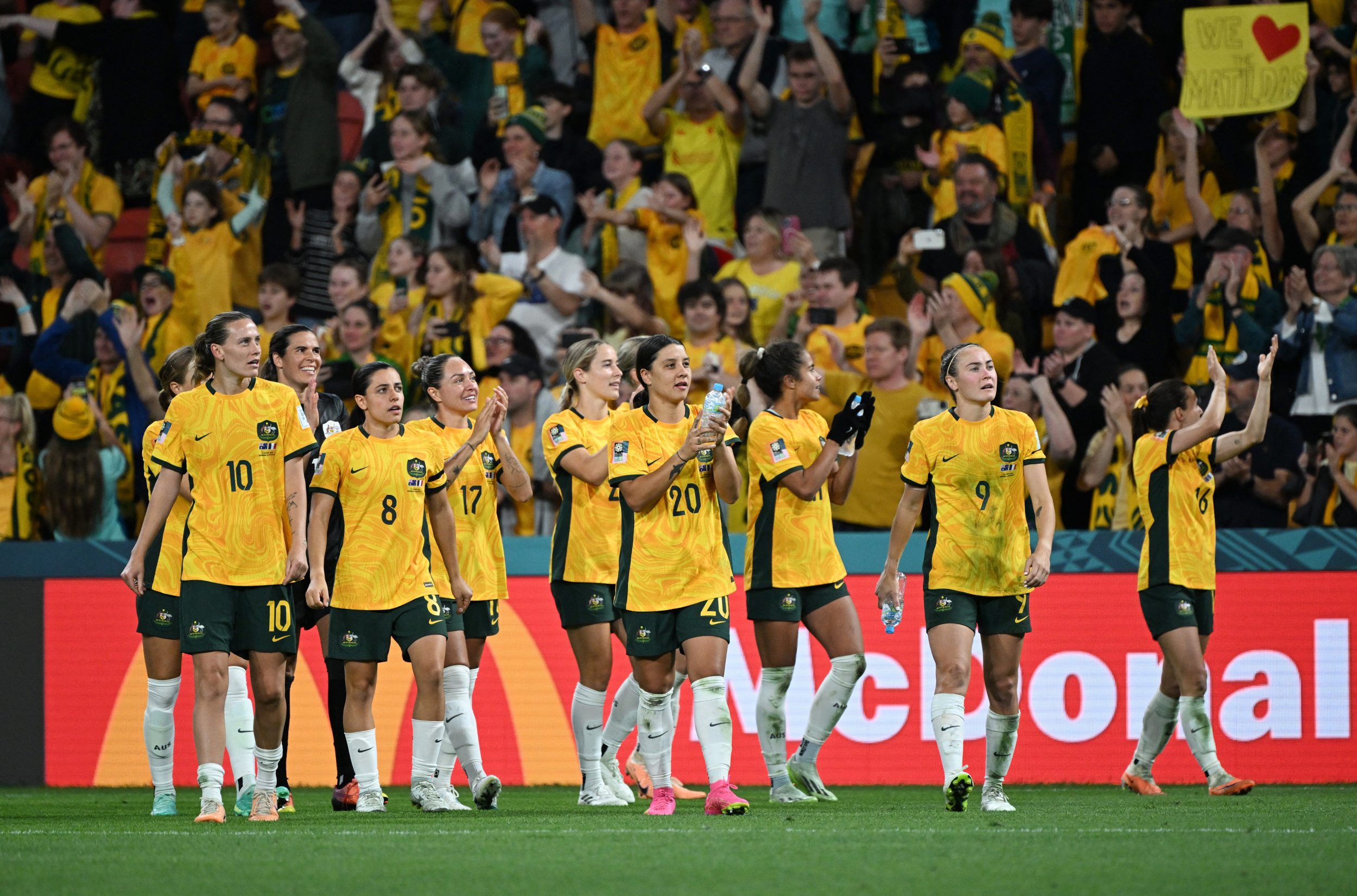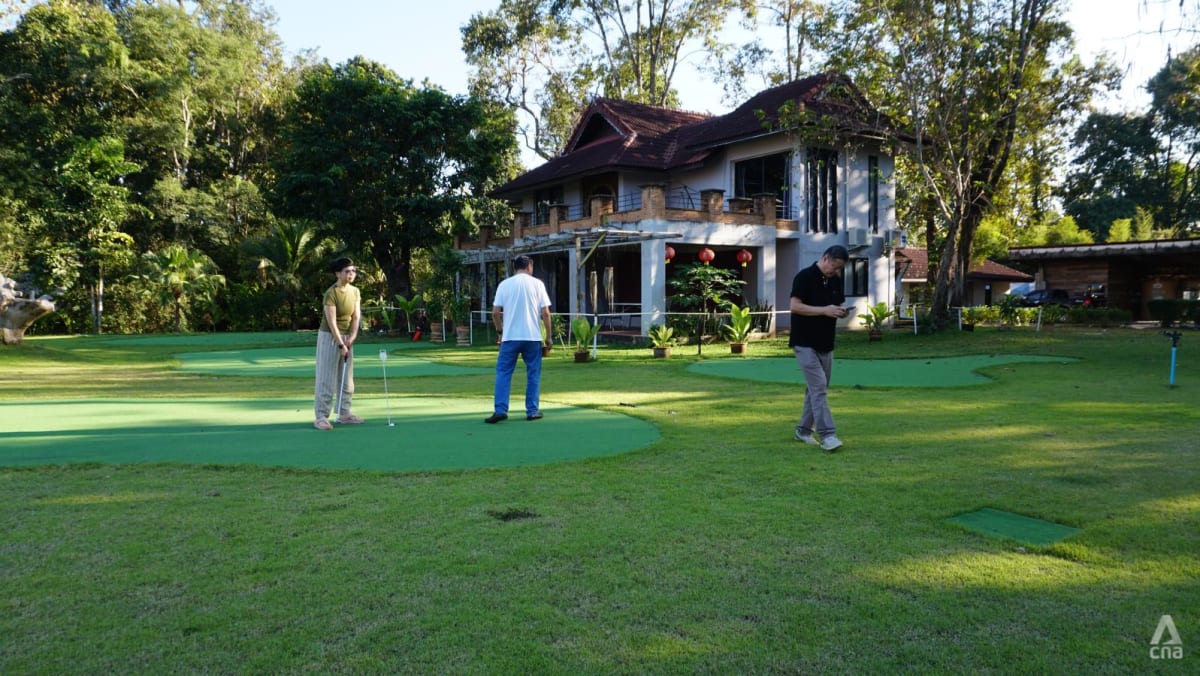Australia are in pole position to host the forthcoming AFC Women’s Asian Cup in 2026 after it was reported by Guardian Australia that no other nation is set to launch a bid to stage the tournament.
Initially, Saudi Arabia and Uzbekistan were interested in hosting but both nations have abandoned any plans and have withdrawn their interest. The official confirmation of the hosting rights could come as early as this April, providing the necessary details such as host cities for the tournament and funding are sorted out.
The latest developments mean that Australia will host a major international football tournament twice for the second time in just three years as the 2023 FIFA Women’s World Cup was held in the country alongside New Zealand.
Despite Australia’s bid for the next Women’s Asian Cup not officially receiving the go-ahead yet, multiple state governments have given their approval, with others still remaining in talks with the nation’s football governing body, Football Australia.
Also, Football Australia has engaged in encouraging talks with the federal government, as their cooperation is necessary due to the event being multi-jurisdictional.
Australia are keen to build off the momentum of the last Women’s World Cup as it has turned out to be an overwhelming success for the nation. A newly published report from Football Australia titled, ‘Legacy 23’, has revealed that the tournament led to an economic impact worth $1.32 billion for the country.
The report states that over 400,000 people attended Australia’s seven games at the tournament, with all of the nation’s matches being a sell-out. 35 of the tournament’s 65 games were played in Australia, with over 1.2 million tickets sold for those matches.
In addition, healthcare costs across the country decreased by $324 million as more people were inspired to take part in physical activities.
There was also interest from foreign supporters as 86,654 people flew out to Australia to experience the event.
The tournament saw Australia achieve its best-ever performance at either a men’s or women’s World Cup as Tony Gustavsson’s side reached the semi-final stage and finished in fourth spot after losing the third-place match to Sweden.
The semi-final loss to England was the most-watched television event in Australian history as the match drew an average viewing audience of 7.13 million and a peak viewing audience of 11.15 million.
CEO of Football Australia, James Johnson, believes it is necessary for Australia to host the next Women’s Asian Cup so football can continue to grow in the country off the back of the nation co-hosting the last Women’s World Cup.
He explained: “The sporting, economic and societal benefits which the tournament generated, not just to football, but to other sports as well as broader Australian society are now there for all to see.”
Johnson added: “To continue this trajectory, we aim to secure the hosting rights for the AFC Asian Cup 2026™, which will require government support at all levels. We believe that this will once again be a huge value-generator for Australia and another boost to the ongoing growth of Australian football.”
Football Australia is also planning on launching a bid for the 2029 FIFA Club World Cup. The newly revamped edition of the tournament, which will now contain 32 teams, will be held for the first time next year in the United States.
The growth of women’s football in Australia comes at a time when the sport is thriving and generating larger amounts of money. Finance experts, at Deloitte, estimate that women’s sports will generate a global revenue figure of over £1 billion this year, with football projected to be worth £438 million of that amount.
Australia’s presence on the sporting stage will carry on and go beyond just football in the next decade as Brisbane has been selected as the host city for the 2032 Summer Olympic and Paralympic Games.







